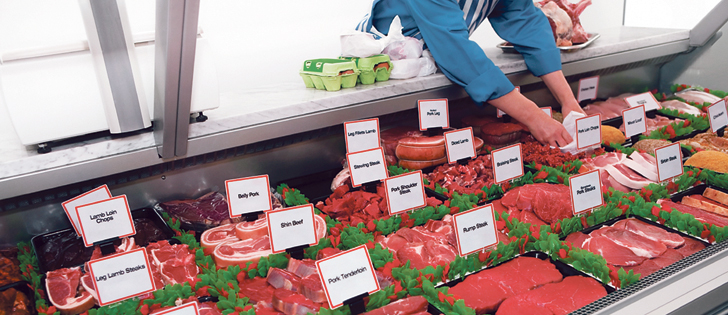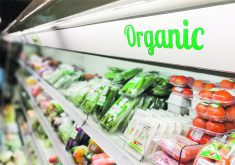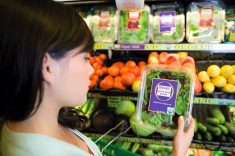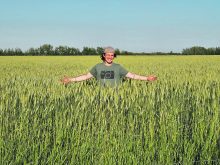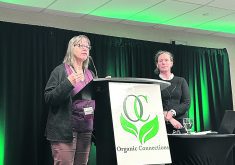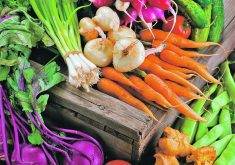With more shoppers seeking quality sirloin and ribeye, wholesalers are seeking a market for lower cuts
RED DEER — There is a growing trend among beef lovers to seek more organic and natural products.
Changing tastes and the desire for higher quality have been noticed by beef sellers who supply grocery stores and restaurants.
At Centennial Foods, the beef business is changing as more customers from food service, wholesale and retail are making specific requests.
Restaurants such as A&W and Earls that are seeking more growth hormone and antibiotic-free beef changed the conversation, said David Carriere of Centennial Foods.
Read Also

Farming Smarter receives financial boost from Alberta government for potato research
Farming Smarter near Lethbridge got a boost to its research equipment, thanks to the Alberta government’s increase in funding for research associations.
“Consumers are more focused on higher-quality beef, so we are now competing with the retailer for the middle cuts,” he said at the Alberta Beef Industry Conference, held Feb. 15-17 in Red Deer.
“It is no longer the food service-wholesaler segregation that we have seen historically.… People want quality beef and they are going to pay for it.”
The company sells to institutions, food service and grocers across Western Canada.
More independent stores and butcher shops are emerging, and they want to differentiate themselves from Costco and Superstore. There is high demand for organic sirloin, strip loin and rib eye but less interest in other products.
“The challenge is, we have to work with suppliers to buy products in balance,” he said.
“If there is too much demand for one cut, what is done with the rest of it?”
The company imports from the United States and South Pacific when there are shortages. As well, it brings in more from the United States during barbecue season when everyone wants steak.
Beef constitutes about 50 percent of what it sells, but a shift has occurred in the last few years to-ward more poultry and seafood. The company has also noted shrinking demand because of changing demographics.
The baby boomer generation is eating less, while millennial are selecting a more varied diet and many new Canadians do not eat beef.
Organic meat is always in de-mand, said Mike Beretta, chief executive officer of Beretta Farms and One Earth Farms.
The company markets its products directly to a range of customers under a number of brand names.
“From day one it has been natural and organic,” he said.
“We stayed off the commodity train and did the direct marketing ourselves,” he said.
Beretta said the company remained strong during the market difficulties experienced during the BSE crisis in Canada be-cause it offered an organic niche product.
It is the main Canadian supplier to Earls, but it must also find customers for the parts of the carcass that high-end clients do not want.
“We have ongoing challenges to balance the whole carcass,” he said.
Smaller companies are also re-ceiving changing requests, said Mike Lovsin, president of Freson Bros., an independent grocery chain of 15 stores in rural Alberta.
“We started hearing about healthy choices from our customers,” he said.
“We are hearing in the last 18 months requests for more natural or organic.”
The business started as a butcher shop in Hinton and is committed to Alberta beef, pork and poultry. However, Lovsin said it realizes the organic market may become a subset product.
“We stake our reputation on Alberta beef,” he said.
“The best beef in the world is grown here. We need the Alberta shopping experience.”
However, significant shortages occur at certain times of the year so the company watches the markets and makes sure it has significant supply to cover high demand periods.
Servicing rural Alberta is also a challenge because many towns have seen their populations shrink when people employed in the oil and gas fields lost their jobs.
The remaining customers have traded down from higher end cuts to more ground meat.
People are also seeking convenience. A big seller for Freson Bros. is a ready-to-eat roast beef sandwich.
“We are still selling a lot of beef, but how the customers get it is different from five years ago,” Lovsin said.




